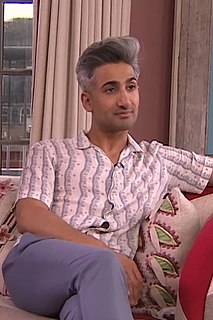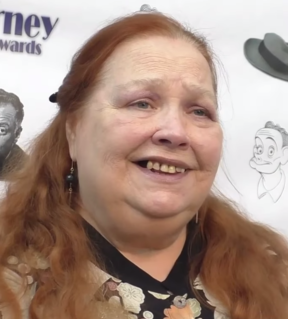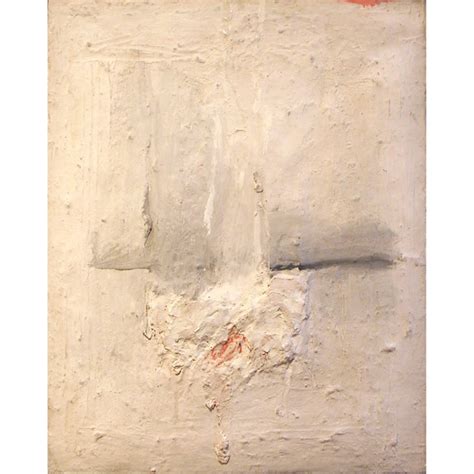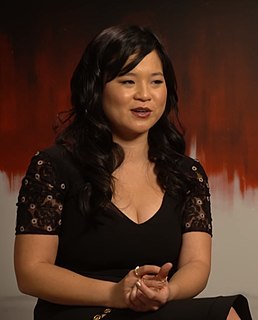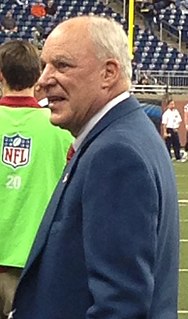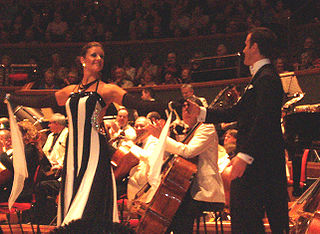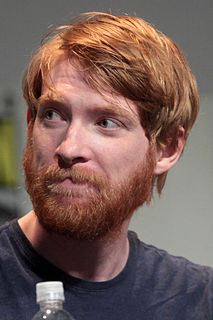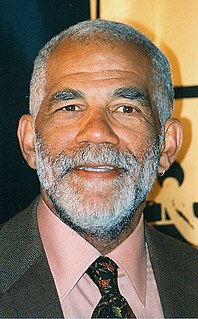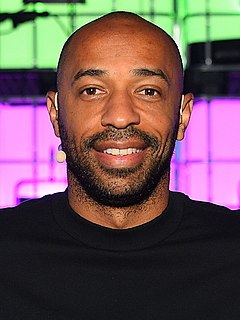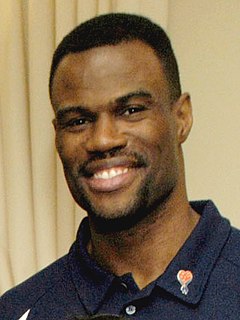A Quote by Debra Dean
Along the way, I've worked as a waitress, I've done phone surveys, and worked as a receptionist, and for the last twenty years I've taught. When I was an actor, the key was to find a job that kept your days free to audition.
Related Quotes
What has happened is that we have seen a shift in the past twenty years in the very concept of hacking. So hacking twenty years ago was a neutral, positive concept. Somebody who was a hacker was someone with advanced computer skills, which could expose vulnerabilities and could explain why systems worked well or worked badly and they were generally regarded as an asset. Over the past twenty years, a combination of media and law enforcement has changed the perception of the concept so that it has almost always, if not invariably, a pejorative sense attached.
That was a bizarre and unlikely event, which has misled a generation of drama students from my old drama school that dreams really do come true. I was an unemployed actor. I had been an actor for about eight years, and had worked in theater, and done a tiny bit of TV, and somehow an audition video of mine ended up on Kevin Costner's television screen, and he rang me up and invited me to fly first-class to Hollywood and be in his movie The Postman.

